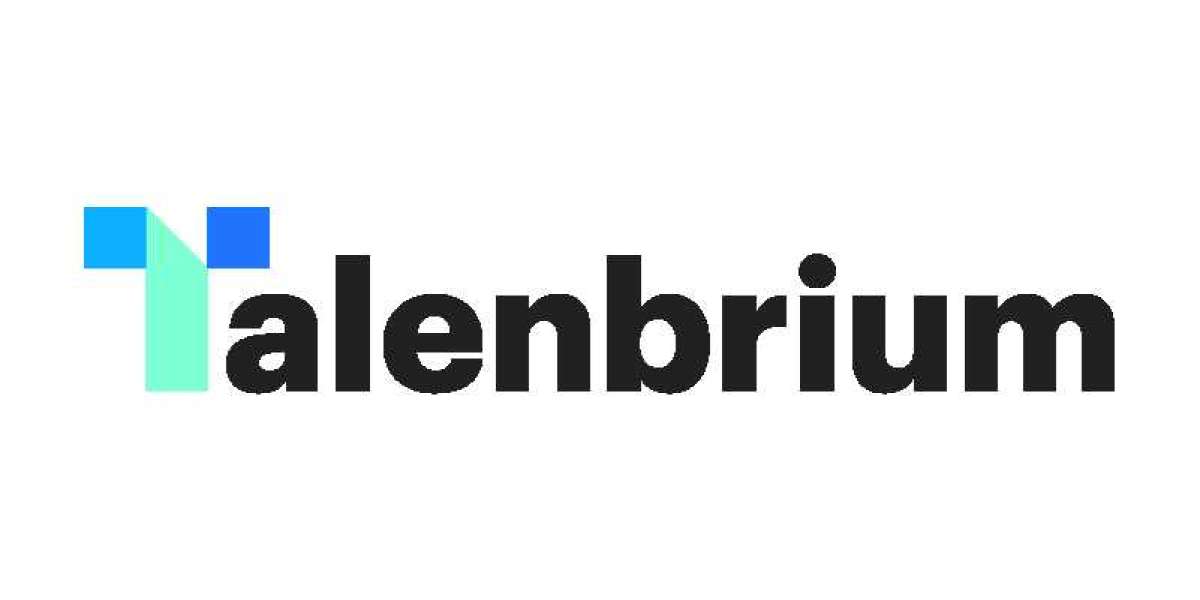Talenbrium
The global workforce is undergoing a transformation unlike any seen before. While technological disruption and hybrid work models have changed the way employees operate, one of the most pressing challenges today is the mass departure of frontline workers. These individuals—nurses, sales associates, warehouse staff, service representatives, and others who interact directl y with customers—form the foundation of several key sectors including retail, manufacturing, hospitality, and healthcare. Yet, across industries, organizations are grappling with an alarming trend: frontline employees are quitting at an exponential rate.
This trend is not merely a post-pandemic aftershock—it reflects a deeper and more structural workforce shift that calls for a strategic HR response. To understand why this is happening and how leaders can mitigate it, we need to explore both the underlying causes and the emerging opportunities for smarter talent acquisition and retention strategies.
The Role and Value of Frontline Workers
Frontline workers represent the human face of any organization. Whether it’s a retail associate assisting customers, a healthcare professional providing care, or a hotel staff member ensuring guest satisfaction, these employees are directly responsible for shaping customer experience and brand reputation.
In many ways, frontline workers are the brand. Their behavior, service quality, and emotional intelligence determine how customers perceive the company. For HR managers, this means frontline talent is not merely operational—it’s strategic. Yet, in practice, this crucial segment of the workforce often receives less recognition, fewer benefits, and limited career growth compared to their desk-bound peers.
As organizations grow more customer-centric, recognizing and elevating the importance of frontline employees through structured consulting services and robust HR frameworks becomes vital. This is where forward-thinking companies are beginning to turn to data-driven insights and professional talent analytics platforms like Talenbrium, which offer strategic intelligence on workforce trends and industry benchmarks to guide decision-making.
The Shrinking Frontline Talent Pipeline
The shortage of frontline workers did not start with COVID-19—it was only magnified by it. Even before the pandemic, industries were facing increasing difficulty attracting young talent to frontline roles. When lockdowns hit, and remote work became the new normal for millions of employees, many frontline workers began to question the value of their roles, especially when their work exposed them to higher risks without corresponding increases in pay, benefits, or respect.
In sectors like healthcare and retail, employees faced emotional exhaustion, extended shifts, and minimal flexibility. The contrast between remote-capable and deskless roles grew sharper, leaving many to reconsider their professional paths. HR managers who once relied on high volumes of hourly applicants found themselves competing not just with other companies but with entirely different work models that promised autonomy, safety, and better work-life balance.
This shift has led to a talent acquisition crisis. According to recent workforce analyses, response rates to frontline job postings have declined significantly, and employee turnover remains elevated. With fewer new entrants replacing those who leave, employers are struggling to maintain productivity and service quality.
Why Frontline Workers Are Walking Away
The reasons driving frontline attrition are multifaceted. Based on studies and feedback from employee engagement surveys, the following factors emerge most frequently:
Inadequate Pay and Benefits: Many frontline roles continue to offer compensation that fails to match rising living costs or the physical and emotional demands of the job.
Limited Flexibility: Lack of scheduling predictability and absence of remote options contribute to burnout.
Poor Communication and Management: Frontline workers often cite inadequate communication, limited training, and unresponsive management as reasons for disengagement.
Lack of Respect and Recognition: Employees want to feel valued. When leadership does not acknowledge their contributions, motivation plummets.
Psychological Fatigue: Particularly in healthcare and hospitality, prolonged exposure to stress, difficult customers, and job insecurity has taken a mental toll.
These are not insurmountable problems—but they demand strategic HR thinking rather than temporary fixes.
A Strategic HR Response: Redefining Frontline Engagement
Addressing this challenge requires moving beyond reactive recruitment and toward a more holistic workforce strategy. Leading consulting and HR services providers emphasize four key pillars of transformation:
1. Reimagining Talent Acquisition
Organizations must reassess how they attract and onboard frontline workers. Instead of focusing solely on filling vacancies, the emphasis should shift to hiring for long-term cultural fit, career growth, and engagement potential. Data-driven platforms such as Talenbrium help companies analyze industry-specific benchmarks, identify competitive pay structures, and align hiring practices with broader workforce goals.
2. Empowering HR Managers Through Data
The modern HR manager needs access to real-time analytics and benchmarking tools to make informed decisions. Solutions like Talenbrium’s BFSI Industry Talent Benchmarking Report provide actionable insights on compensation, attrition trends, and employee satisfaction levels—allowing HR professionals to design more competitive and fair workforce policies.
3. Building a Culture of Respect and Recognition
Monetary incentives matter, but so does emotional acknowledgment. Implementing recognition programs, investing in leadership training, and creating clear career progression paths can greatly enhance job satisfaction. Consulting firms increasingly stress that appreciation and communication are as critical as pay when it comes to retention.
4. Designing Strategic Workforce Flexibility
While frontline jobs cannot always be remote, flexibility can still be offered through shift autonomy, technology-driven scheduling, or hybrid task models. A strategic HR framework integrates these solutions while maintaining operational efficiency.
The Consulting Perspective: Why Traditional HR Approaches Fall Short
Many organizations continue to rely on outdated retention methods—incremental raises, occasional bonuses, or one-off training sessions. However, consulting services specializing in HR transformation reveal that sustainable improvement depends on systemic change.
This includes aligning business goals with workforce design, investing in technology to support deskless employees, and using consulting expertise to develop predictive models for attrition risk. For instance, Talenbrium’s analytics solutions allow companies to compare themselves against industry benchmarks and identify gaps in talent engagement or pay competitiveness—offering a clear roadmap for strategic improvement.
The Path Forward: Strategic HR as a Competitive Advantage
In an era where employee expectations are evolving rapidly, frontline worker retention has become a defining test of organizational resilience. Companies that treat this issue purely as a staffing problem will continue to struggle. Those that approach it strategically—by combining empathy, analytics, and modern consulting expertise—will turn it into a competitive advantage.
Talenbrium, with its focus on talent benchmarking and HR intelligence, enables organizations to bridge this gap. By leveraging its insights, HR leaders can craft policies that not only attract the right talent but also create a workplace culture grounded in respect, opportunity, and transparency.
The future of work will not be defined by technology alone, but by how strategically and humanely companies manage their people—especially those on the front lines. As the workforce continues to evolve, so must our HR strategies, guided by data, empathy, and a renewed commitment to valuing every employee’s contribution.







